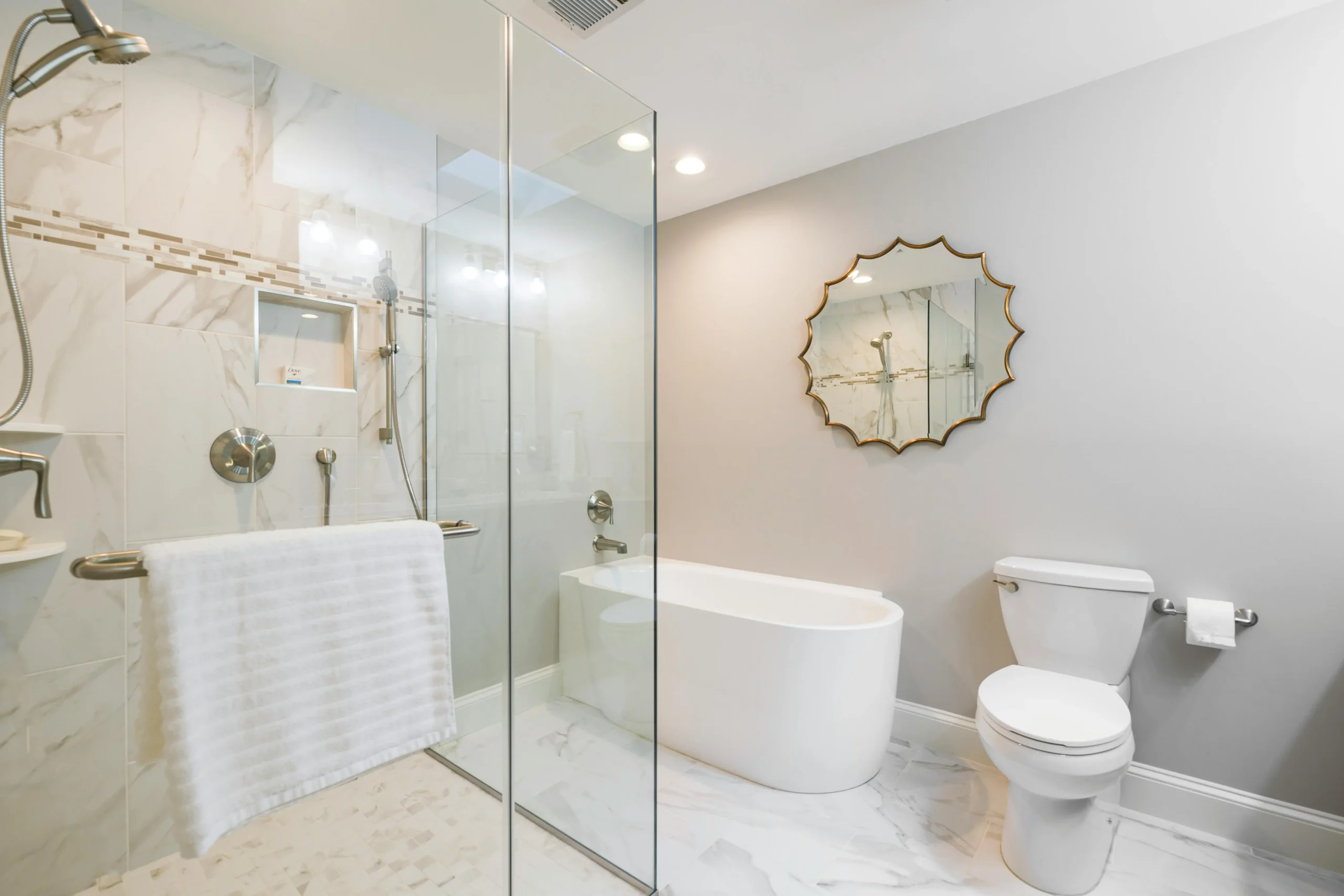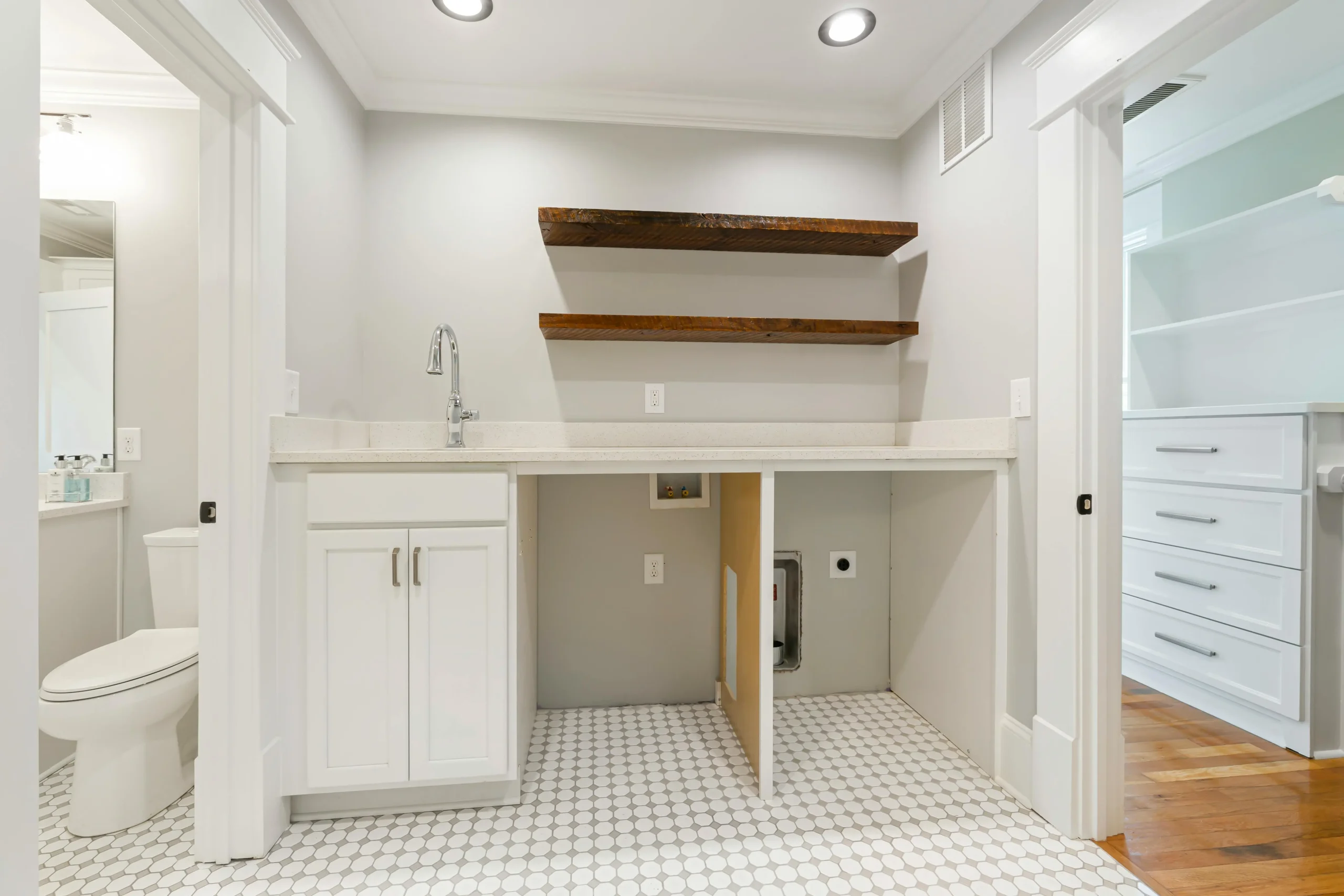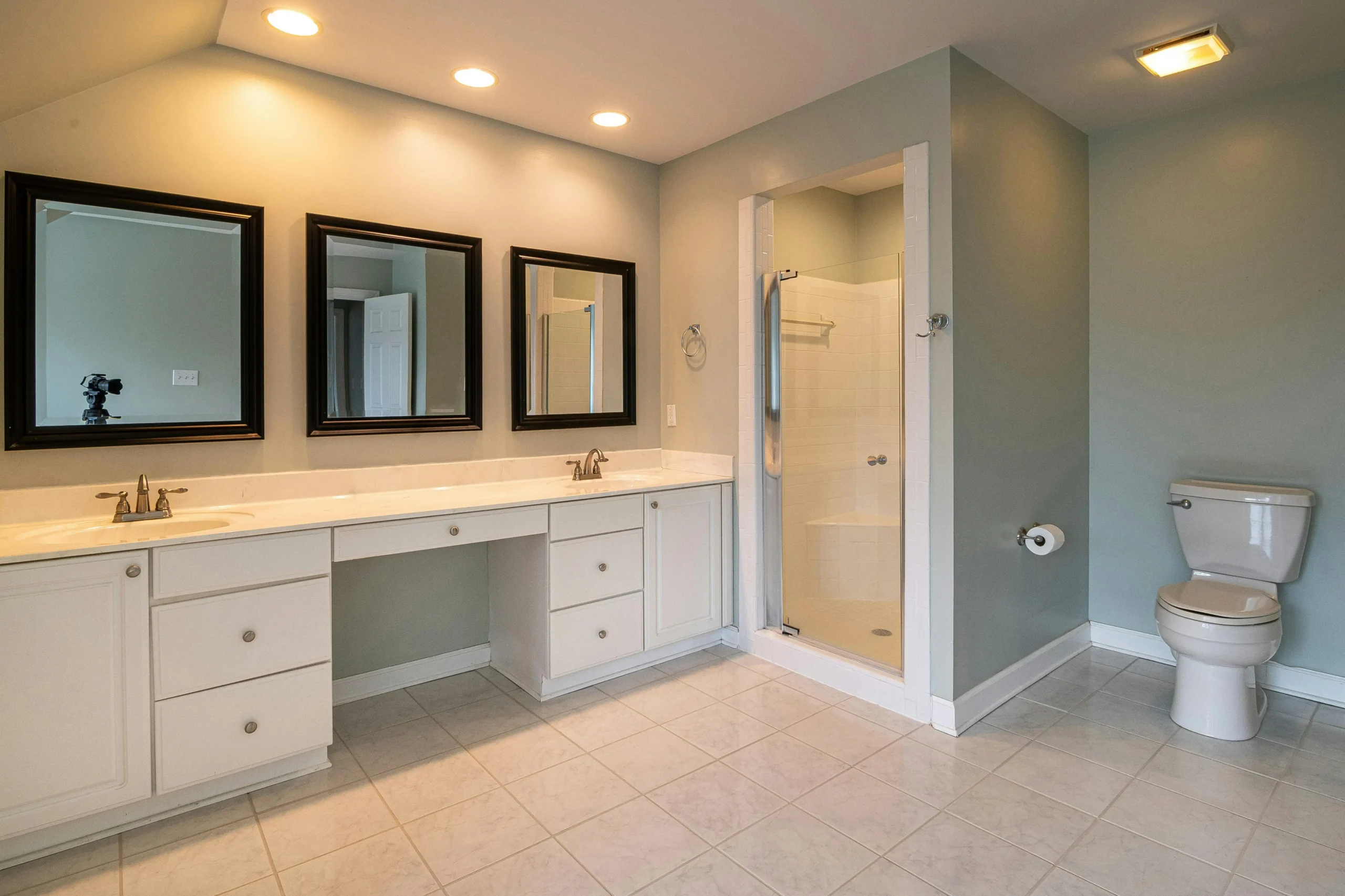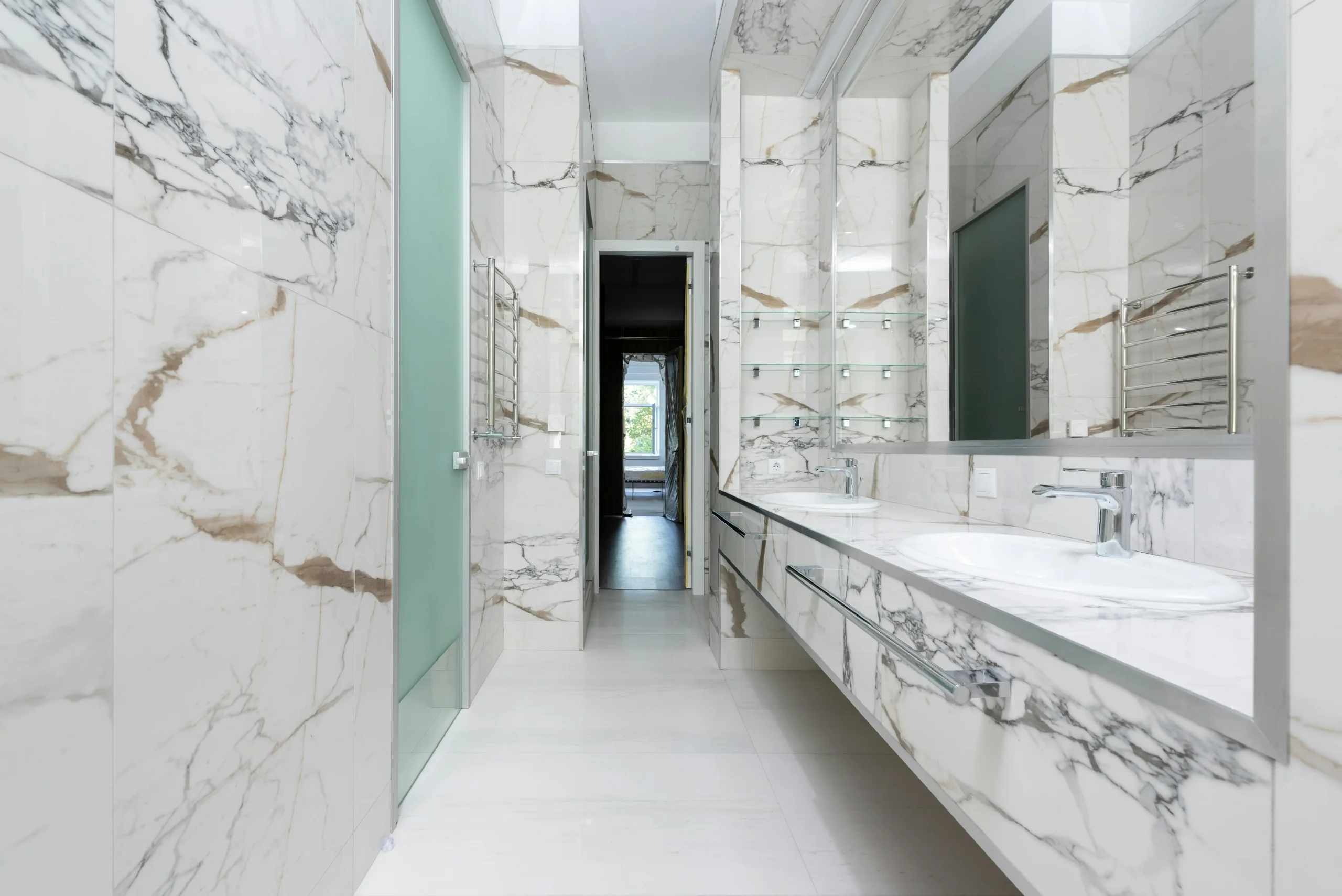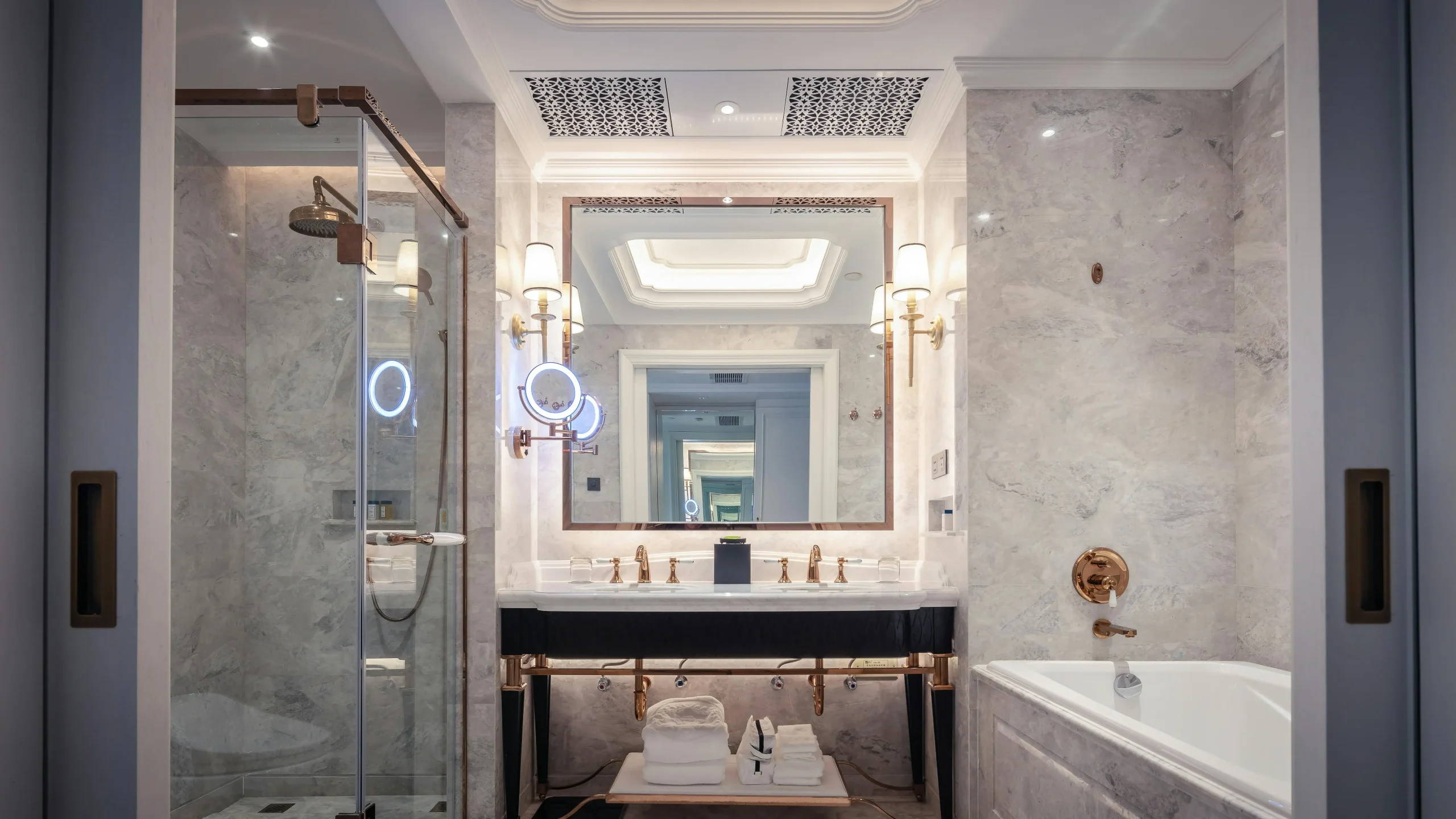Understanding Rye Kitchen Remodel Costs
Kitchen remodeling costs in Rye depend on the project size, materials, and labor involved. A minor kitchen remodel, which includes cabinet refacing, countertop replacement, and updated lighting, typically costs between $10,000 and $25,000. A mid-range remodel, featuring semi-custom cabinetry, quartz or granite countertops, and upgraded flooring, ranges from $30,000 to $50,000. High-end renovations, which may involve custom cabinetry, luxury appliances, high-quality flooring, and layout modifications, can exceed $75,000. Other factors such as plumbing, electrical updates, and permits can also influence the final cost. To ensure a cost-effective remodel, homeowners should compare contractor quotes, explore affordable material alternatives, and allocate a contingency fund for unexpected expenses. A well-planned kitchen remodel improves both functionality and home value, making it a smart investment.
Setting a Realistic Renovation Budget
Establishing a realistic budget is essential for a successful kitchen renovation. Experts recommend allocating 5% to 15% of a home’s total value for a kitchen remodel, with cabinetry often making up 40% of the overall budget. Other major expenses include countertops, flooring, appliances, and labor. Homeowners should also set aside 10% to 20% for unforeseen costs, such as plumbing or electrical upgrades. Researching cost-effective materials, securing multiple contractor estimates, and exploring financing options can help manage expenses. Prioritizing upgrades based on necessity and value ensures that essential improvements are completed without exceeding the budget. A clear financial plan helps homeowners stay on track and achieve a stylish, functional kitchen within their means.
Plan Ahead to Save on Kitchen Renovation Costs
Careful planning can lead to substantial savings on a kitchen remodel. Homeowners can cut costs by purchasing materials during seasonal sales, opting for stock or semi-custom cabinetry instead of fully custom options, and choosing durable yet affordable countertop materials like quartz or laminate. DIY-friendly tasks, such as painting cabinets or installing backsplash tiles, can reduce labor expenses. Avoiding unnecessary structural changes that require extensive plumbing or electrical work helps keep costs down. Comparing contractor quotes and negotiating pricing ensures the best deal. Additionally, setting a well-defined project timeline prevents delays that could lead to increased costs. Thoughtful planning ensures that homeowners achieve a high-quality kitchen remodel while staying within budget.
Hire a Kitchen Designer for Home Remodeling Success
Hiring a professional kitchen designer can enhance the remodeling process by optimizing space, improving functionality, and preventing costly mistakes. Designers help homeowners create an efficient layout that maximizes storage and workflow while complementing the home’s overall aesthetic. Their expertise ensures proper material selection, color coordination, and appliance placement. Many designers also have industry connections, providing access to discounted cabinetry, countertops, and fixtures. While hiring a designer adds to the upfront cost, it often leads to long-term savings by eliminating design flaws and unnecessary expenditures. Working with a skilled designer ensures a seamless renovation that aligns with both budget and style preferences.
Choosing the Right Cabinets for Your Kitchen Remodel
Cabinets play a crucial role in both the functionality and aesthetics of a kitchen remodel, often accounting for the largest portion of the budget. Stock cabinets, which are the most budget-friendly option, range from $5,000 to $10,000, while semi-custom cabinets cost between $10,000 and $20,000. Fully custom cabinetry, offering tailored designs and high-end finishes, can exceed $25,000. Material choices such as laminate, MDF, and solid wood impact both price and durability. Features like soft-close hinges, pull-out drawers, and built-in organizers enhance convenience but may increase costs. Homeowners should weigh the benefits of cost versus durability and explore alternatives such as refinishing existing cabinets or using a combination of open shelving and cabinetry to reduce expenses.
Pick Quality Countertops That Suit Your Budget
Countertops are a focal point of any kitchen remodel, and selecting the right material affects both the budget and long-term durability. Budget-friendly laminate countertops cost around $30 per square foot, while mid-range quartz and granite options range from $60 to $120 per square foot. High-end materials like marble, butcher block, or recycled glass can exceed $150 per square foot. Homeowners should consider factors such as stain resistance, maintenance requirements, and heat resistance when choosing countertops. Prefabricated options provide savings compared to custom-cut stone. Mixing materials—such as using quartz for main surfaces and butcher block for an island—can create a stylish and budget-friendly look. Prioritizing durability ensures that countertops withstand daily kitchen use while maintaining their aesthetic appeal.
What Does a Kitchen Remodel Cost Include?
A kitchen remodel budget typically includes cabinetry, countertops, flooring, appliances, lighting, and labor. Cabinets are usually the most significant expense, ranging from $5,000 for stock options to over $25,000 for custom designs. Countertop costs depend on the material, with options ranging from $30 per square foot for laminate to over $150 per square foot for luxury stone. Flooring costs vary, with vinyl at $3 per square foot, tile at $5 to $15, and hardwood exceeding $10 per square foot. Additional expenses include plumbing, electrical work, permits, and installation labor. Homeowners should plan for all essential components while setting aside funds for unexpected costs. A well-organized budget ensures a successful renovation that meets both functional and aesthetic goals.
Difference Between Midrange and Upscale Kitchen Renovations
Midrange and upscale kitchen renovations differ in cost, material quality, and design features. A midrange remodel, typically costing between $30,000 and $50,000, includes semi-custom cabinetry, quartz or granite countertops, and standard appliances. It may also feature new flooring, a backsplash, and modern lighting fixtures. Upscale remodels, which often exceed $75,000, incorporate luxury materials such as marble countertops, custom cabinetry, and high-end appliances. Structural modifications, such as expanding the kitchen layout or integrating smart home features, further increase costs. While upscale renovations offer premium aesthetics and resale value, midrange remodels can still deliver a high-end look with strategic material selection and thoughtful design planning.
Boosting Your Kitchen Remodel with Sweeten Innovations
Sweeten innovations, such as smart appliances, sustainable materials, and modern storage solutions, enhance kitchen functionality and energy efficiency. Smart refrigerators, touchless faucets, and under-cabinet lighting improve convenience while adding a contemporary touch. Energy-efficient appliances reduce electricity and water consumption, lowering long-term utility bills. Homeowners can incorporate pull-out pantry shelves, deep drawers, and hidden charging stations to maximize storage space. Sustainable materials like bamboo flooring and recycled glass countertops provide an eco-friendly remodeling option. By integrating the latest innovations, homeowners can create a kitchen that is not only stylish but also energy-efficient and future-ready.
Picking the Right Contractor for Rye Remodeling Projects
Choosing the right contractor is crucial for a successful kitchen remodel in Rye. Homeowners should research local contractors, read customer reviews, and verify licensing and insurance credentials. Obtaining multiple quotes allows for price comparisons and ensures fair pricing. Homeowners should also request a portfolio of past projects to assess the contractor’s experience and quality of work. A detailed contract outlining costs, timelines, and project scope helps prevent misunderstandings. Clear communication with the contractor throughout the renovation process ensures that expectations are met. Selecting a reputable and experienced contractor guarantees high-quality craftsmanship, adherence to building codes, and a stress-free remodeling experience.
Frequently Asked Questions
How much does it cost to remodel a kitchen in Rye?
Remodeling a kitchen in Rye, New York, can range widely in cost depending on factors like the size of the space, materials, and labor expenses. For a budget-friendly remodel, costs typically start at around $25,000 to $30,000, which includes basic updates like stock cabinets, laminate countertops, and minimal structural changes. A mid-range remodel can cost anywhere from $40,000 to $70,000, incorporating semi-custom cabinetry, stone countertops, and upgraded appliances. If you are looking for a high-end kitchen remodel, the budget should start at $70,000 or more, especially if you plan on custom cabinetry, high-end appliances, and luxury finishes. Larger kitchens, particularly those around 200 square feet, tend to be on the higher end of the spectrum. Additionally, permit costs in Westchester County can add to the total expense, depending on the scope of the project. Labor costs in Rye are generally higher than in many other areas due to the cost of living, so it’s important to get multiple quotes from reputable contractors before proceeding.
Is $10,000 enough for a kitchen remodel?
A $10,000 budget for a kitchen remodel is quite limited and will mostly allow for minor cosmetic upgrades rather than a full renovation. With this budget, you can consider painting walls, updating cabinet hardware, installing new light fixtures, or refinishing existing cabinets. If you shop smart, you might also be able to afford an affordable laminate countertop replacement or a budget-friendly backsplash update. However, this budget will not be enough for significant structural changes, new cabinets, or replacing major appliances. A complete remodel, which includes new cabinetry, countertops, flooring, and appliances, generally requires a larger investment. If you are looking to do a more substantial remodel but have a tight budget, consider making changes in phases rather than all at once. This allows you to spread the costs over time while still achieving your desired look and functionality.
Is $30,000 enough for a kitchen remodel?
A $30,000 budget is more reasonable for a kitchen remodel and can cover a mid-range renovation with some substantial improvements. With this amount, you can afford to replace countertops, install semi-custom cabinetry, and upgrade to energy-efficient appliances. You may also have room in the budget for new flooring, modern lighting, and a fresh backsplash to update the kitchen’s look. However, this budget may still require careful material selection to avoid overspending. For instance, opting for quartz or granite countertops instead of luxury marble can help control costs while maintaining quality. If your kitchen is relatively small, this budget might be sufficient for a complete transformation, but for larger kitchens, you may need to prioritize certain aspects over others. Hiring a contractor who can work within your budget and finding cost-effective yet stylish materials can help maximize what you get for $30,000.
What is a reasonable budget for a kitchen remodel?
A reasonable budget for a kitchen remodel depends on multiple factors, including the size of your kitchen and the overall value of your home. Generally, a good rule of thumb is to allocate 5% to 15% of your home’s value toward a kitchen renovation. For example, if your home is worth $500,000, a reasonable kitchen remodel budget would range between $25,000 and $75,000. This ensures that the remodel enhances your home’s value without overspending beyond what would make sense for resale purposes. A lower-end budget will cover only basic cosmetic upgrades, while a higher budget allows for custom cabinetry, high-end appliances, and luxury materials. Keep in mind that labor costs, permits, and unexpected expenses can add to the total, so having an extra 10-15% set aside as a contingency is wise. Planning carefully and prioritizing both function and aesthetics can help you determine a budget that aligns with your needs while maximizing the return on investment.

